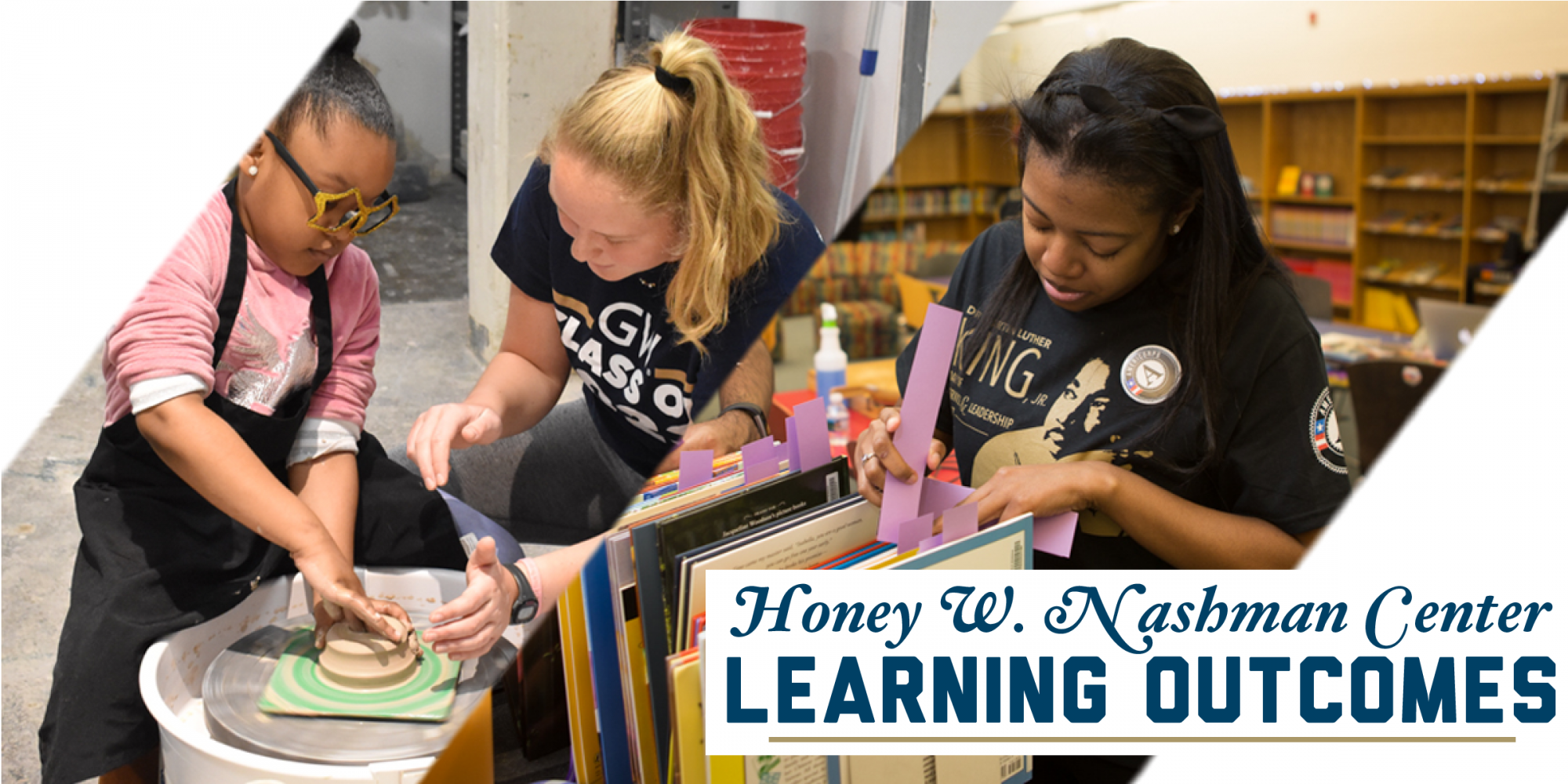Learning Outcomes
Intercultural Intelligence
Definition
Having the knowledge, skills, and abilities needed to embrace intersecting identities in culturally diverse settings.
Outcome Statement
As a result of participating in Nashman Center programs students will be able to:
- recognize and embrace different identities in self and others and the impact that has on working across groups
- actively seek opportunities to engage and collaborate across identities
Critical and Creative Thinking
Definition
Evaluating and synthesizing knowledge in original ways and innovating effective and appropriate solutions. Creative thinking is both the capacity to combine or synthesize existing ideas, images, or expertise in original ways and the experience of thinking, reacting, and working in an imaginative way characterized by a high degree of innovation, divergent thinking, and risk-taking.
Outcome Statement
As a result of participating in Nashman Center programs students will be able to:
- identify, assess, and evaluate both the immediate and root causes of a problem
- propose a well-reasoned and equitable solution based on the needs of the community partner○identify and implement an innovative solution
Inclusive Collaboration
Definition
Engaging with diverse teams to achieve shared goals by seeking out and valuing the contributions, strengths, and experience of all participants. See Social Change Model: Working with others in a common effort, sharing responsibility, authority, and accountability. Multiplying group effectiveness by capitalizing on various perspectives and talents, and on the power of diversity to generate creative solutions and actions.
Outcome Statement
As a result of participating in Nashman Center programs students will be able to collaborate and communicate in ways that appreciate and include multiple perspectives, using an equitable lens.
Civic Identity
Definition
Civic identity is seeing oneself as an active participant in public life
Outcome Statement
As a result of participating in Nashman Center programs students will develop their civic identity by:
- participating in the Pathways of Service
- reflecting and defining civic engagement for themselves
- explaining opportunities for continued commitment in civic engagement
Ethical Reasoning
Definition
Ethical reasoning involves respecting other individuals and their rights, and making informed choices that benefit other individuals, society as a whole, and the environment, in a manner that requires the individual to be aware of and process the principles of right and wrong as they relate to human conduct. Individuals demonstrate personal and social responsibility by being dependable and accountable, while being sensitive and responsive to the well-being of others and aware of the possible consequences of their actions
Outcome Statement
As a result of participating in Nashman Center programs students will be able to:
- identify ethical issues
- clarify their personal values
- recognize the systemic nature of social issues







